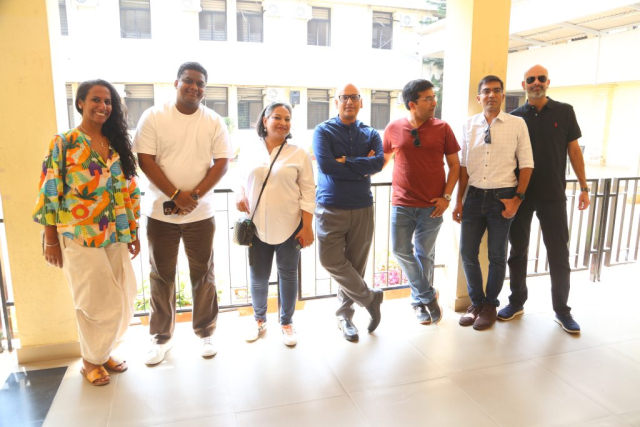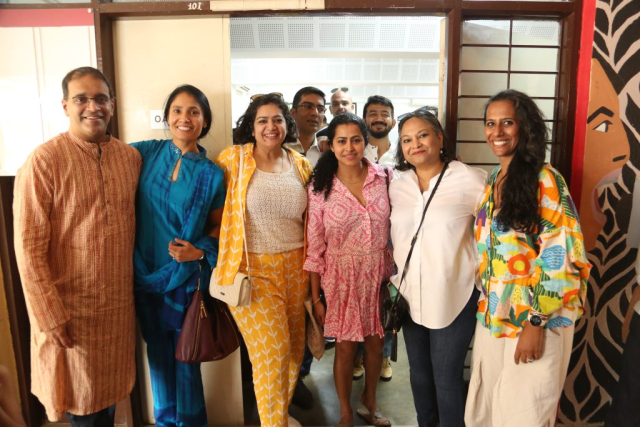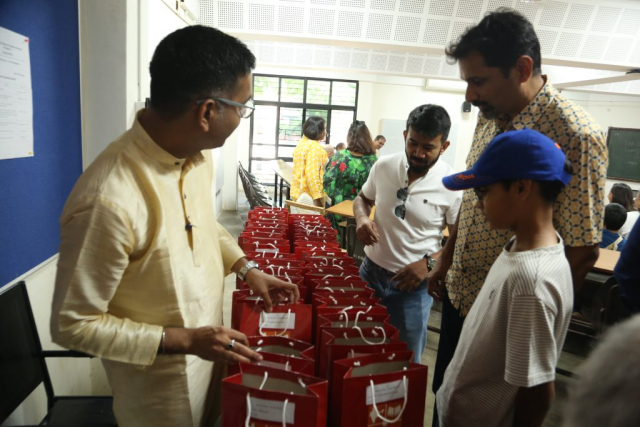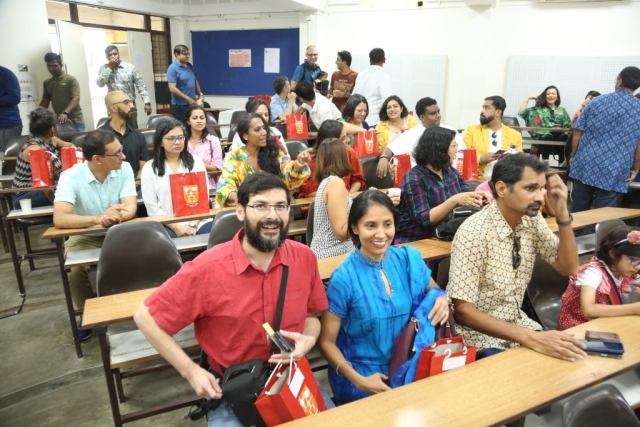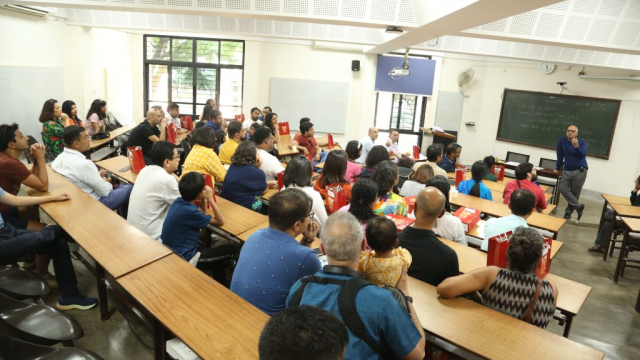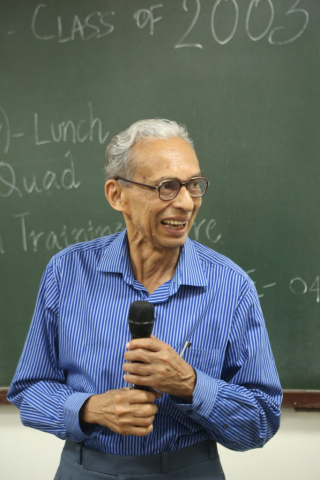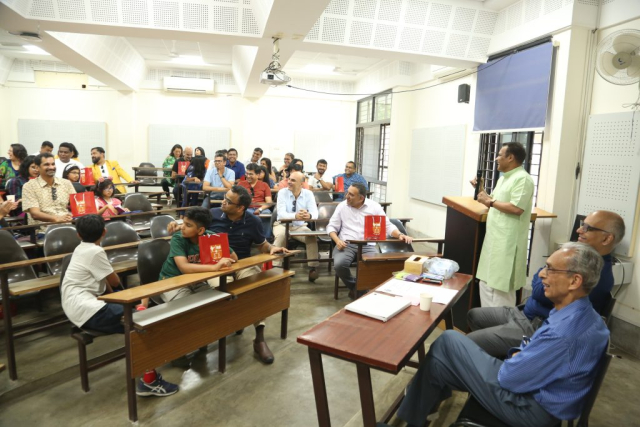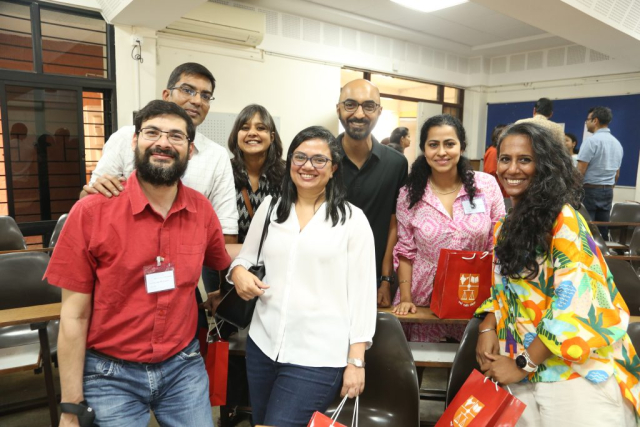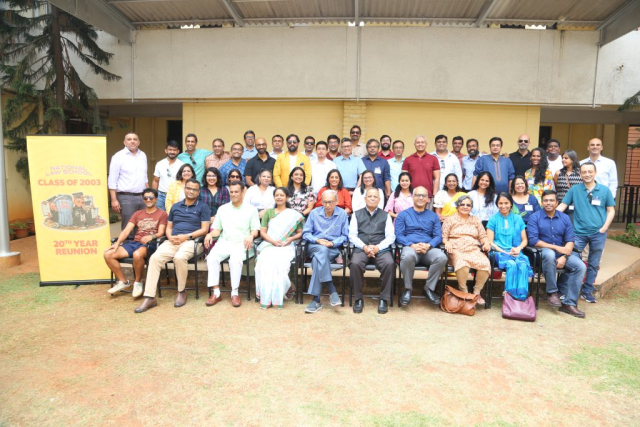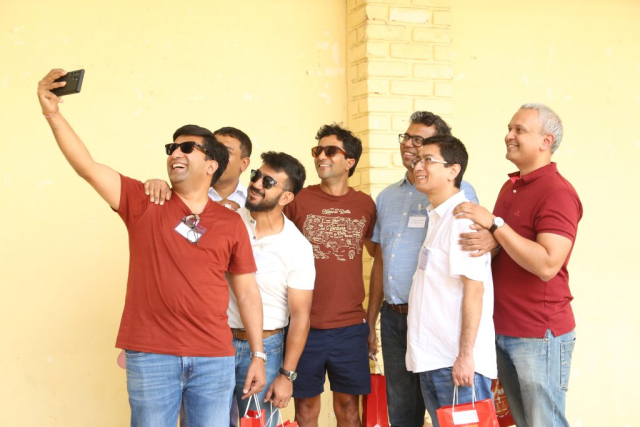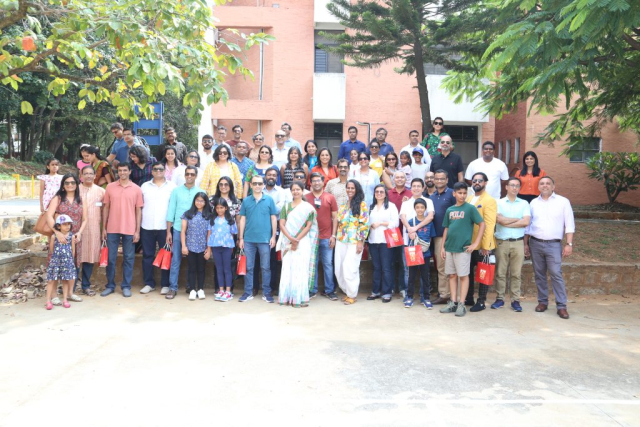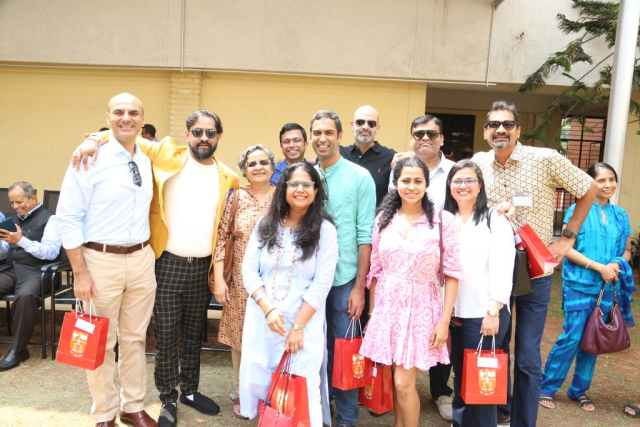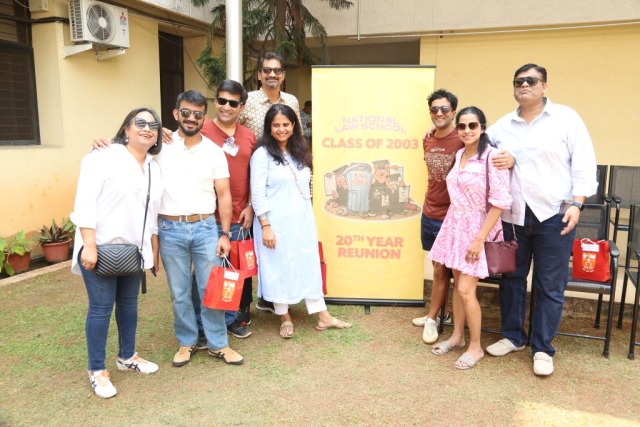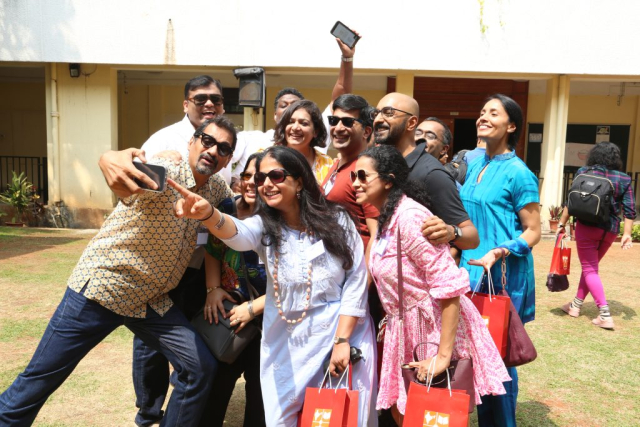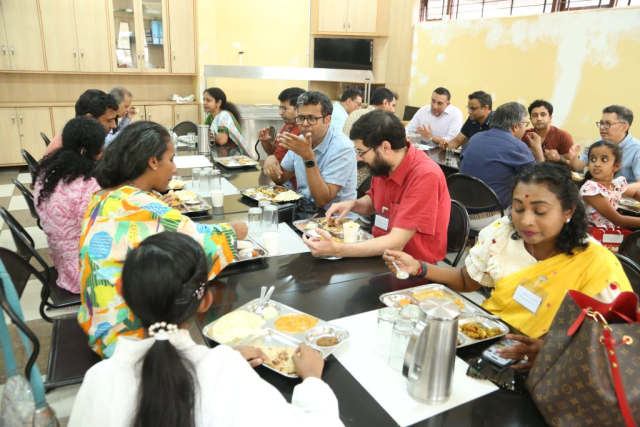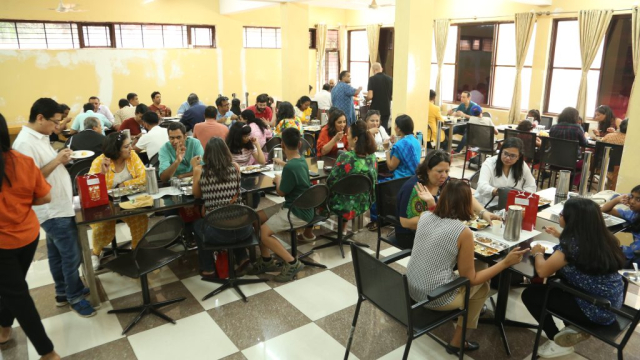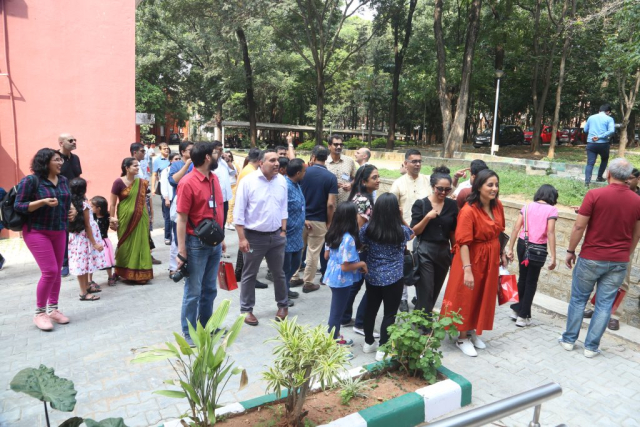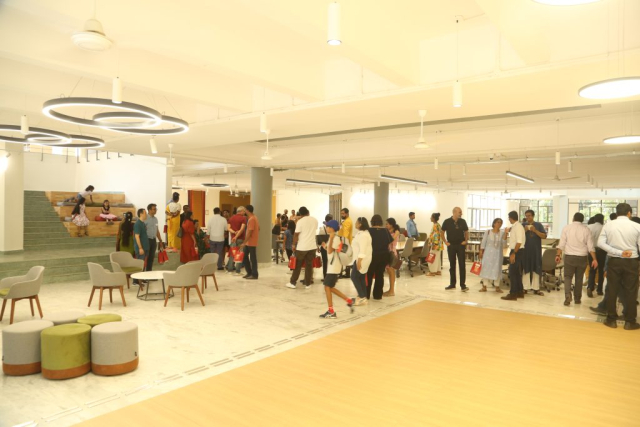In this week’s faculty seminar, Kiran Suryanarayana will present his paper titled “Customary International Law and Specially Affected States: A TWAIL Perspective” on Wednesday, 29 November 2023. Prof. Harisankar Sathyapalan will be the discussant.
Abstract
Customary International law (CIL) (along with treaties) can be described as the cornerstone of the international legal system. In this paper, I hope to interrogate the current two-part test for CIL, i.e., identification of state practice and opinio juris with a view to determine three things. Firstly, whether the two-part test is itself of a customary character, the answer to which would play a critical role in reshaping the notion of CIL itself. Secondly, to justify the proposition of a “specially affected states” standard to replace the “widespread, general accepted” practice test, which is currently endorsed by the International Court of Justice. And thirdly, to briefly examine some of the challenges with this novel standard, including its potential for actualization within an increasingly multipolar world. I think that a critical drawback for the system proposed in this paper is its lack of parsimony, which within a municipal system poses several challenges for enforcement authorities. However, within an international system with a weak system of enforcement that relies on political bargaining as opposed to legal decision-making, this lack of parsimony might imply an unworkable standard. I hope to think through (in brief) some preliminary suggestions/solutions to this issue.

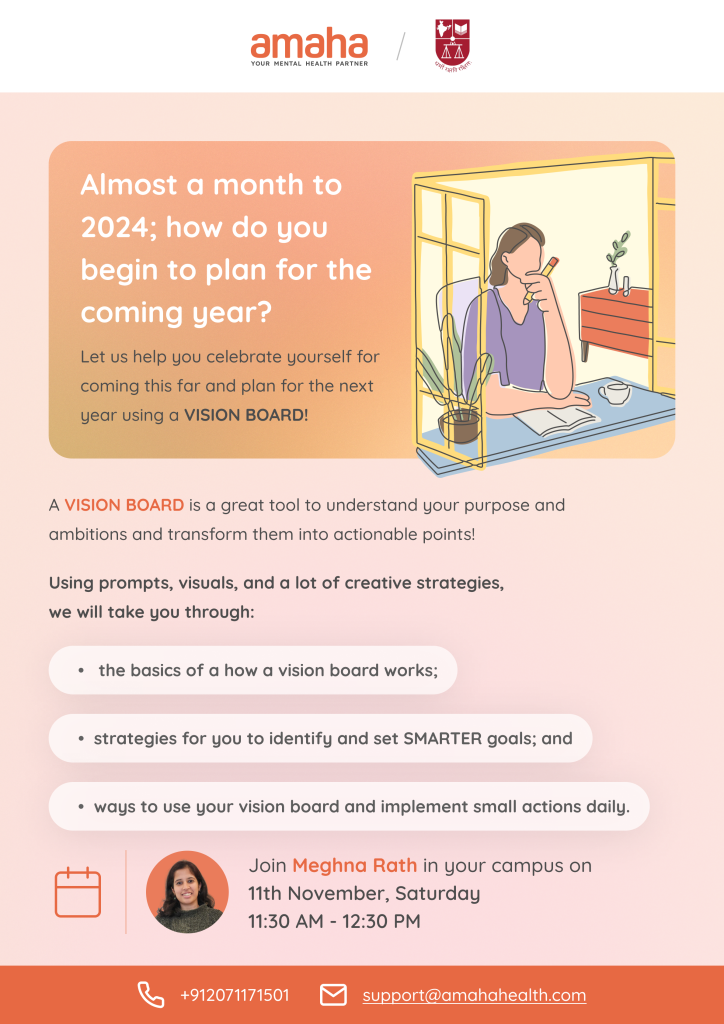 The University along with the mental health organisation Amaha is organising a workshop on ‘Emotional Wellbeing’ this Saturday, November 11, 2023. The workshop is open to students currently in leadership positions and anyone else who is interested to learn more about vision boards.
The University along with the mental health organisation Amaha is organising a workshop on ‘Emotional Wellbeing’ this Saturday, November 11, 2023. The workshop is open to students currently in leadership positions and anyone else who is interested to learn more about vision boards.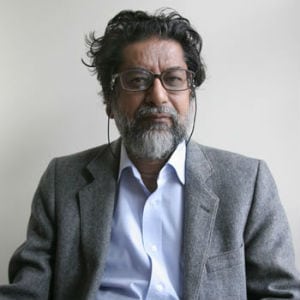 About the Speaker
About the Speaker 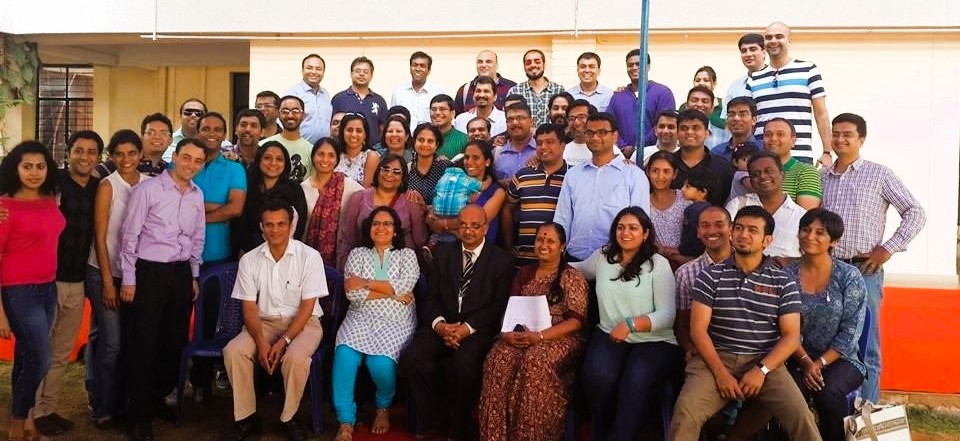 This weekend, NLSIU is excited to host a campus reunion for the batch of 2003 as they celebrate two decades of their graduation from law school.
This weekend, NLSIU is excited to host a campus reunion for the batch of 2003 as they celebrate two decades of their graduation from law school.